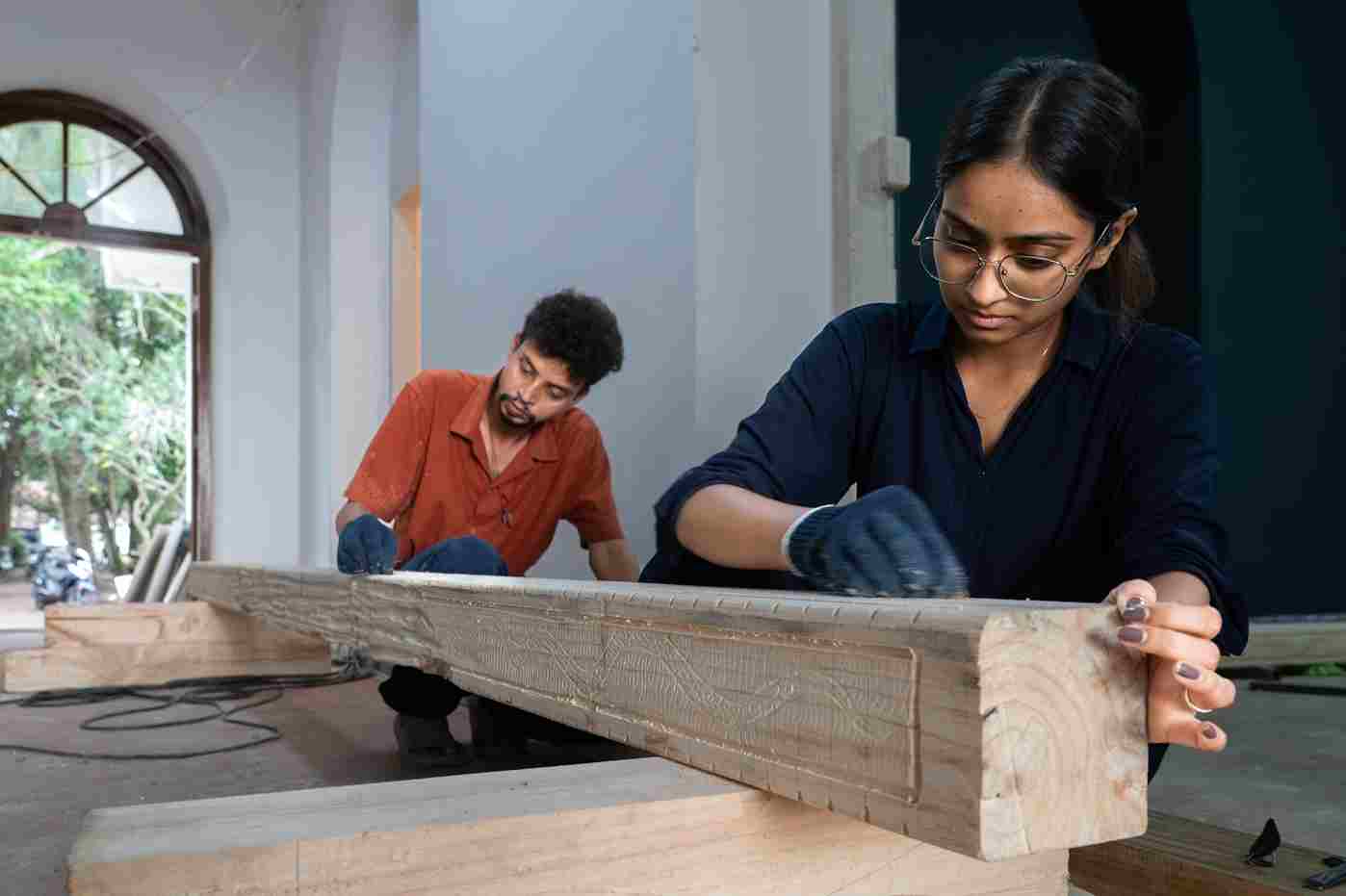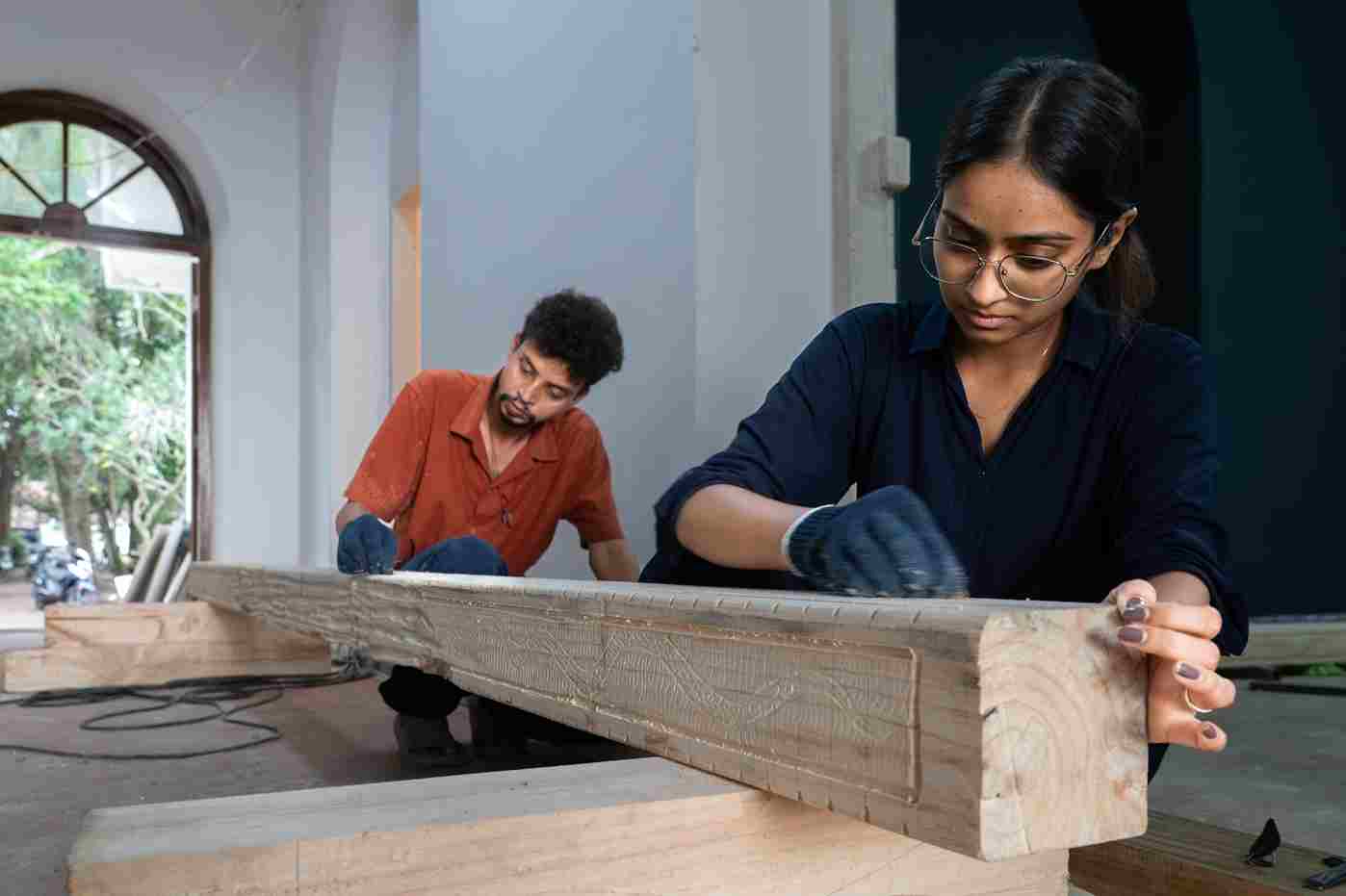US-based non-profit to popularise ‘Active Surveillance’ to manage prostate cancer in India
ASPI mulls opening country chapter to step up AS awareness as alternative to costly, side-effect-laden treatment
New Delhi / January 12, 2023
New Delhi, Jan. 12: Aimed at popularising Active Surveillance (AS) approach as an alternative to expensive and side effects - laden treatments for prostate cancer, the United States-based non-profit support group Active Surveillance Patients International (ASPI) is planning to open its new chapter in India.
As part of its plan, ASPI has inducted Mr Govinda Kumar Ramakrishna, a prostate cancer survivor, into its Board of Directors to provide momentum to its world-wide operations, especially in India.
ASPI is established and managed by prostate cancer survivors, patients, and caregivers, focusing on AS among low and low intermediate stage prostate cancer patients across the world.
When in AS mode, men with low-risk prostate cancer are carefully monitored with the help of a medical professional and with periodic diagnostic tests before getting immediate treatment. This would avoid the risk of having lifelong side effects, like urinary problems and erectile dysfunction.
As per reports, prostate cancer is the second most frequently diagnosed cancer in men. Also, the National Cancer Registry in India says prostate cancer incidence rates have been increasing drastically.
ASPI firmly believes that opening its chapter in the country will help men manage prostate cancer and avoid the often-devastating long-term side effects of treatment.
Mr Mark Lichty, Chairman of the Board, ASPI, who will be in Delhi for a two-day visit from January 16, said the Indian chapter will act as an advocacy group in India implementing the best practices to deal with prostate cancer and will ensure these protocols and knowledge reach all sections of society.
“Our main focus is to help men feel comfortable with AS and to ensure that treatment is done, if necessary, thus saving men from serious long-term side effects. One can achieve a peaceful vigilance while on AS and we want to help men to get to that place”, he said.
“As prostate cancer is slow progressing compared to other types of cancer, it is possible for one to survive for a long time without any treatment. By holding off on treatment and monitoring the signs of progression with the aid of a doctor, a low-risk prostate cancer patient’s quality of life remains the same. Also, the AS will help to avoid the life-long side effects”, said Mr Mark Lichty.
Striking a personal note, Mr Lichty said he was witness to the tragic overtreatment of his father after being diagnosed with prostate cancer. Some 18 years ago, when he himself was diagnosed with prostate cancer Lichty decided to explore the uncertain terrain of active surveillance.
He said a section of urologists and oncologists, besides the cancer survivors, are supporting the organisation in creating awareness about the advantages of AS vis-a-vis actual treatment.
“A recent study conducted in the US, which included data from 240 urology practices, found that about 60% of US men diagnosed with low-risk prostate cancer are opting for AS. Because men seek to preserve the quality of their lives, the increase in AS has been dramatic. In the US, this has increased from 6% to 60% in the last 12 years. In Sweden, this rate is 94%”, he said.
According to the latest studies, unlike in the past days, the prevalence of prostate cancer in India is high among men aged between 35-44 and 55-64 residing in metropolitan cities.
With the rising migration of the rural population to the urban areas, changing lifestyles, increased awareness and easy access to medical facilities contribute to the reporting of more cases of prostate cases in the country.
Adding to the seriousness of the issue, the Indian medical data reveals that the incidence rate of prostate cancer in the country is along the same lines as in western countries.
In such a scenario AS will help the patients get access to more advanced treatments and protocols, besides getting enough time to get emotionally adjusted to the way their life is going to change. Also, they can reset their priorities in life and manage their professional commitments by delaying the treatment, says Mr Lichty.


